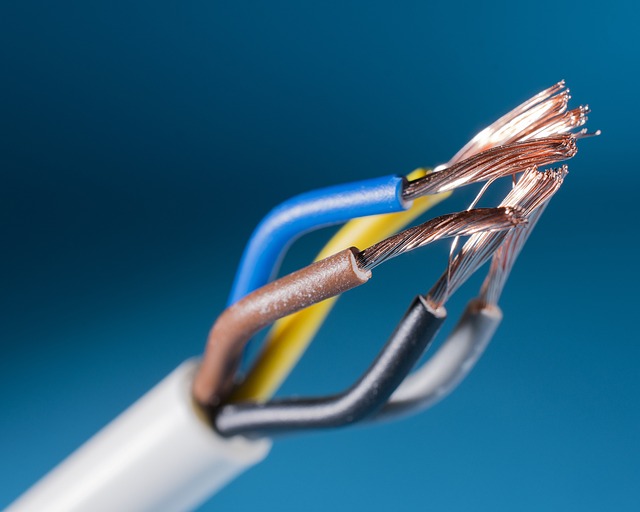
Insulation is an essential part of nearly all wires and cables. Consisting of a nonconductive outer layer, it encases the conductor or conductors while simultaneously protecting them from environmental damage. Insulation may also protect against signal loss. It minimizes electrical leakage to ensure better, more reliable transmission of electricity. But there are different types of insulation, some of which include the following.
PVC
Perhaps the most common type of wire and cable insulation is polyvinyl chloride (PVC). PVC is a plastic polymer. Depending on its chemical composition, it may be rigid or flexible. For wire and cable insulation, the latter construction is typically used.
Many wires and cables feature flexible PVC insulation. PVC is resistant to extreme temperatures, resistant to solvents, durable and inexpensive. Flexible PVC, of course, allows the wires and cables with which it’s used to bend without breaking.
PE
In addition to PVC, there’s polyethylene (PE) insulation. Research shows that over 100 million tons of PE are produced annually. Based on these numbers, PE accounts for over one-third of the global plastics market.
PE is a plastic polymer that shares many of the same properties as PVC. It’s resistant to extreme temperatures, resistant to solvents, durable and more. When compared to PVC, though, PE offers a lower dielectric constant. This makes it ideal for use in electrical applications.
PU
Another common type of wire and cable insulation is polyurethane (PU). PU is a class of organic-based polymers that are joined via urethane links. It consists of resin compounds.
PU insulation is strong and durable, yet it’s also flexible. And like PVC and PE, it can withstand extreme temperatures. The downside to PU is that often requires a flame-resistant coating. While PVC and PE are typically resistant to fire, PU is not — at least not in its natural state. It requires a flame-resistant coating when used in applications where fire is a concern.
PP
You may come across polypropylene (PP) when researching the different types of wire and cable insulation. Also known as polypropylene, it’s a plastic polymer consisting of resin compounds. PP is essentially resin made of the polymerization of propylene.
PP insulation is exceptionally hard. It doesn’t offer the same level of flexibility as other types of insulation, but PP’s hard properties help to protect it against cuts, tears and other forms of physical damage.
Not all wire and cable insulation are the same. Some of the most common types of wire and cable insulation include PVC, PE, PU and PP.

